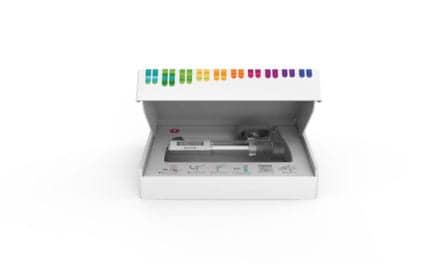A new study has found that rectal examination has no advantages over the PSA blood test for detecting prostate cancer. The study—conducted by the Comprehensive Cancer Center Vienna of MedUni Vienna and Vienna General Hospital—has taken a closer look at the effectiveness of common examination methods for the early detection of prostate cancer.
The results of the study by Shahrokh F. Shariat from the Department of Urology at MedUni Vienna and University Hospital Vienna were recently published in the renowned journal European Urology Oncology.
Prostate cancer is one of the most common cancers in men worldwide. Conventional screening methods include digital (finger) rectal examination (DRE) and prostate-specific antigen (PSA) testing. However, many men do not undergo rectal screening and previous research has suggested that DRE as a stand-alone screening method or in combination with PSA may be less effective than thought.
Prostate Cancer Study Analyses
This new study analyzed and combined data from eight different studies with a total of 85,738 participants. The results suggest that DRE alone or in combination with PSA may not be more effective in the early detection of prostate cancer compared to PSA testing alone. In particular, DRE alone showed a lower cancer detection rate (CDR) compared to the PSA test.
These findings may indicate that digital rectal examination may not be as effective as hoped for in the routine screening of prostate cancer, especially in the absence of specific symptoms or signs.
“The validity of rectal examination in detecting prostate cancer is not particularly impressive, suggesting that it may not be necessary to perform this examination routinely as part of screening in the absence of clinical symptoms and signs,” says Shahrokh Shariat, Head of the Department of Urology at MedUni Vienna and University Hospital Vienna and leader of the international study.
This opens up a discussion about the effectiveness and benefits of digital rectal examination in the early detection of prostate cancer. Shariat emphasized the importance of further research to identify the best methods for the early detection of prostate cancer.
“The continuous improvement of prostate cancer screening methods remains of paramount importance to protect the health and well-being of men worldwide. We certainly hope that by removing this barrier, more men will go for prostate cancer screening,” Shariat says.
Further reading: Black Men are More Likely to Have Prostate Cancer than White Men
Photo: Dreamstime




